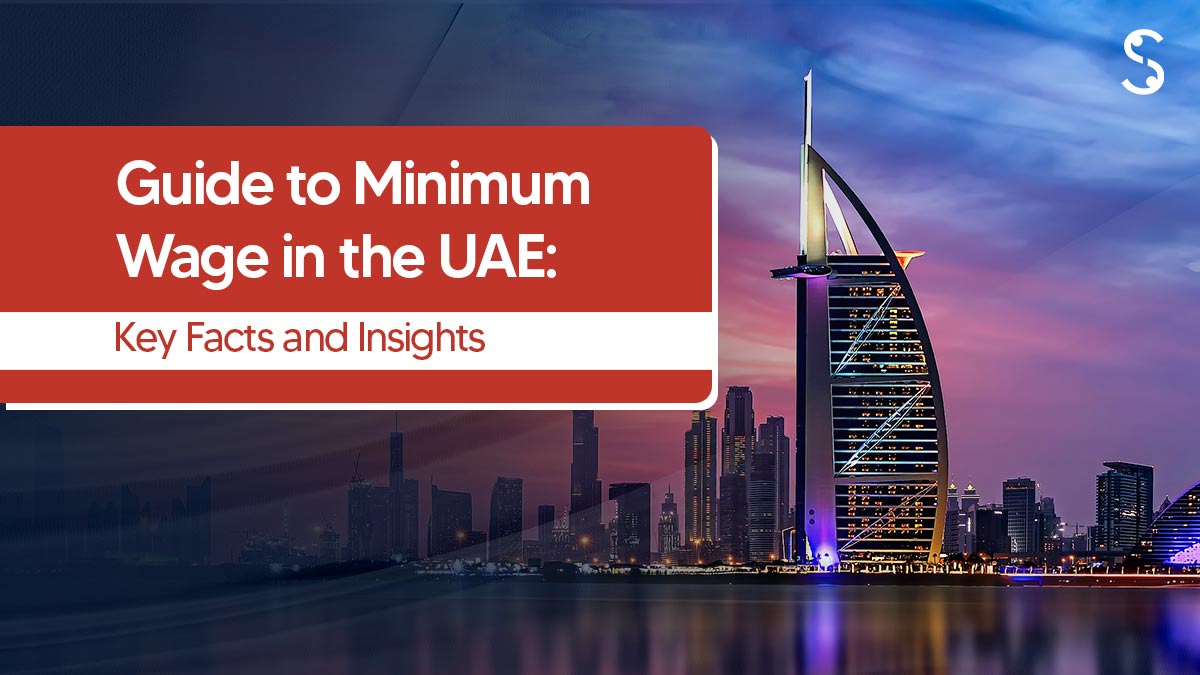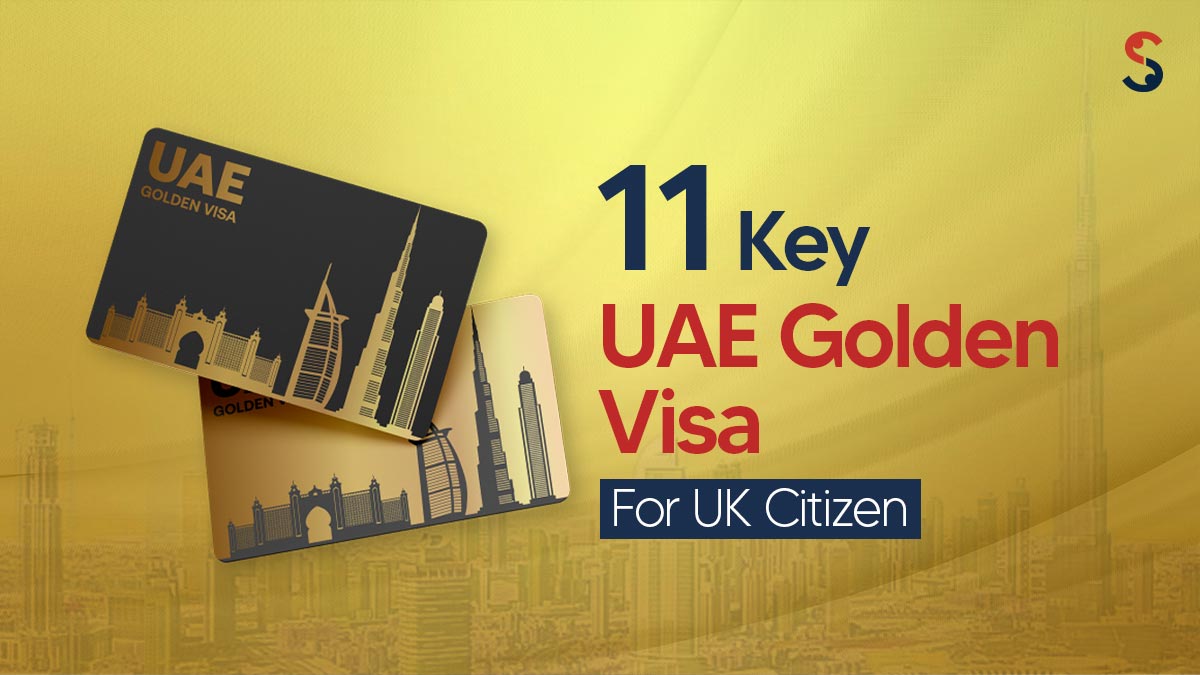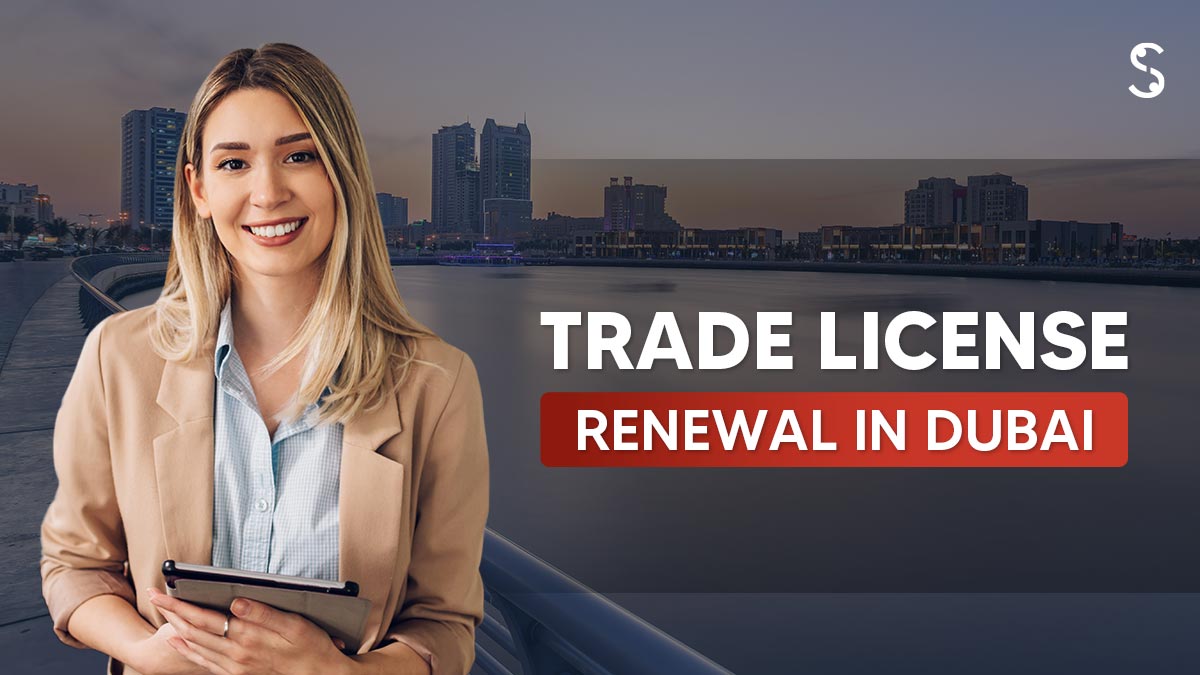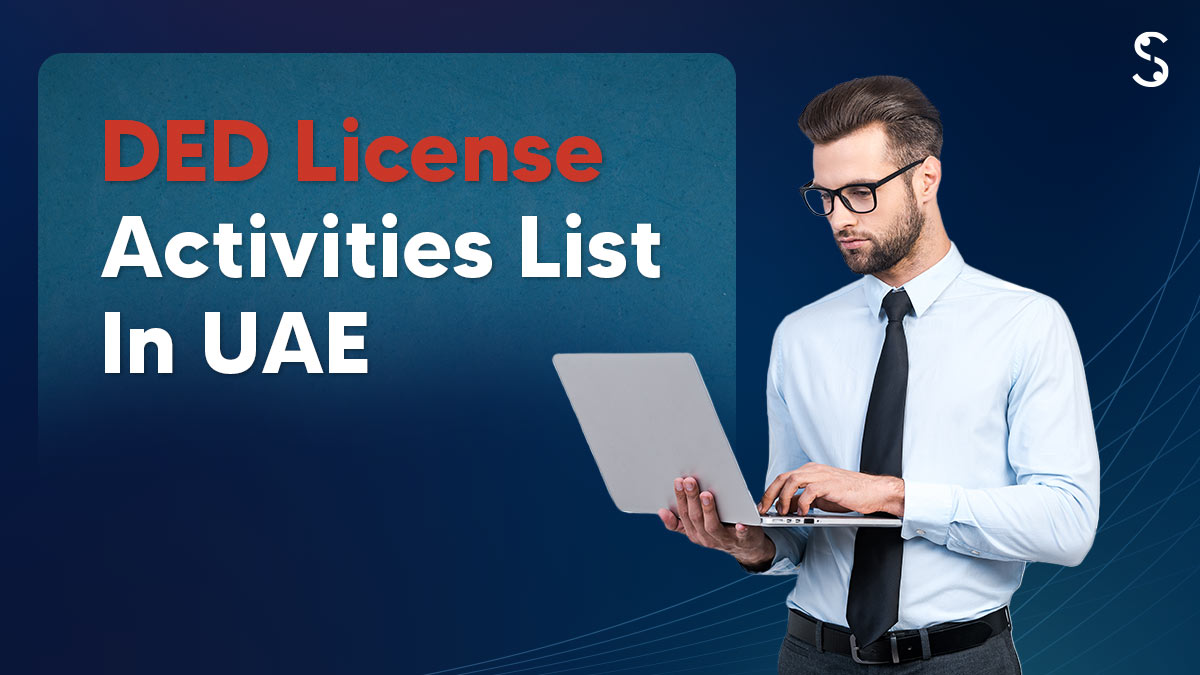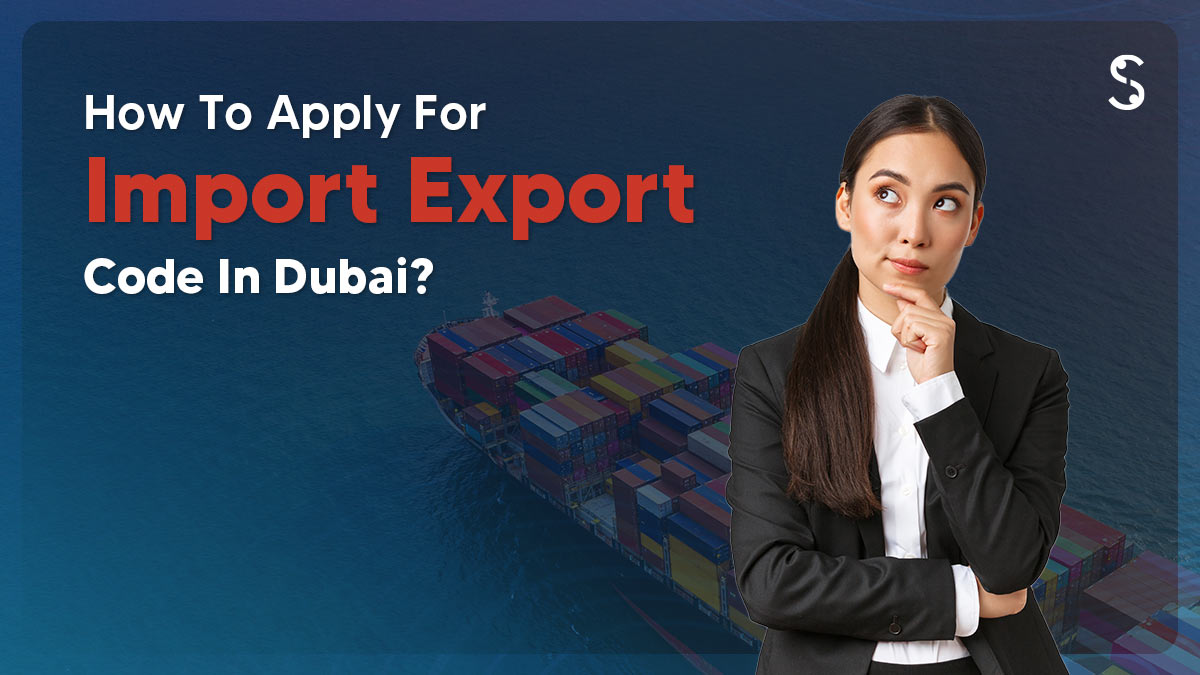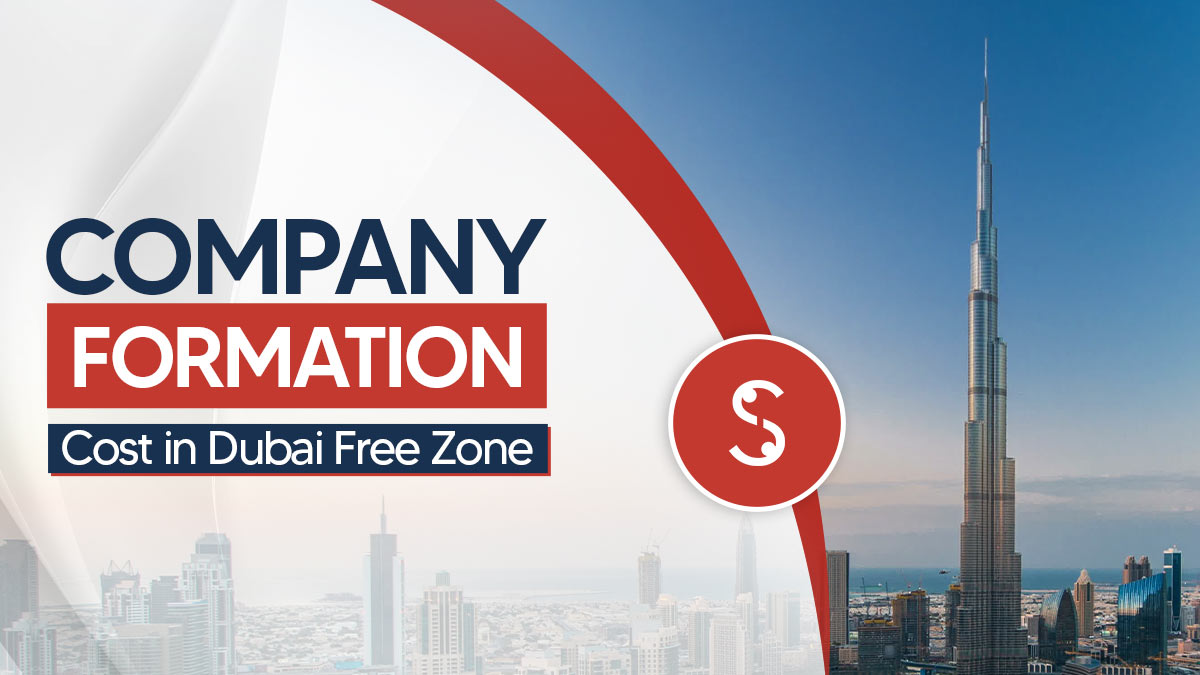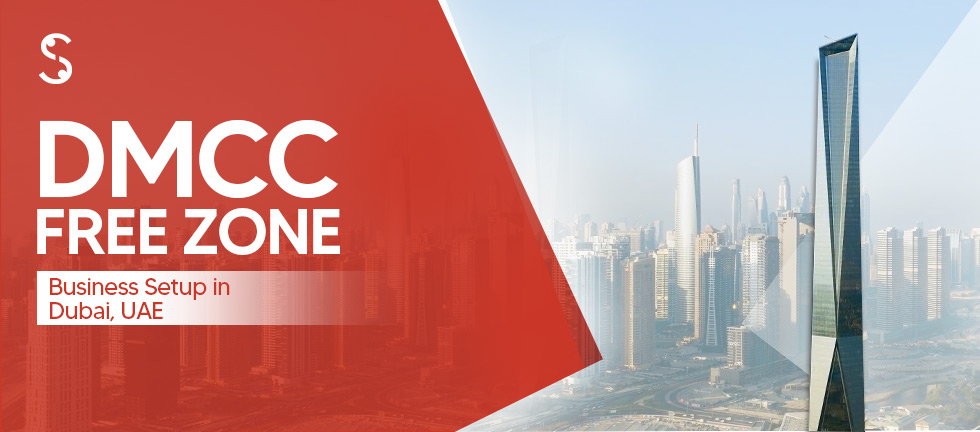Minimum Wage in UAE? What you need to know
The UAE is one of the fastest-growing economies in the world, attracting people from all over the globe for work, business, and investment. With strong growth across various industries like technology, finance, tourism, and real estate, the job market in the UAE continues to expand in 2025. But one important question that comes up for […]

